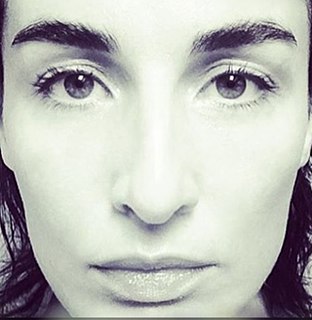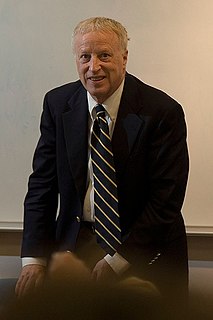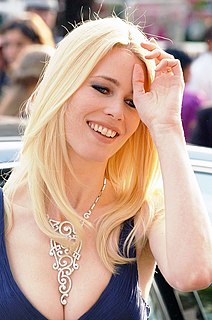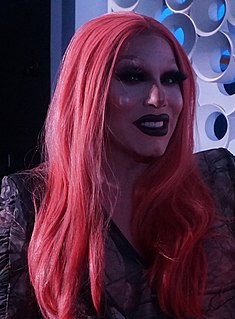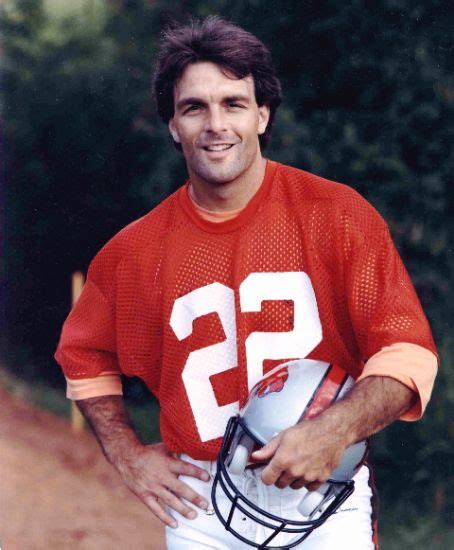A Quote by Joseph Stiglitz
Much of my work in this period was concerned with exploring the logic of economic models, but also with attempting to reconcile the models with every day observation.
Related Quotes
Economic theorists, like French chefs in regard to food, have developed stylized models whose ingredients are limited by some unwritten rules. Just as traditional French cooking does not use seaweed or raw fish, so neoclassical models do not make assumptions derived from psychology, anthropology, or sociology. I disagree with any rules that limit the nature of the ingredients in economic models.
A girl's career today doesn't have the same kind of life span, whereas it used to be a collaboration and a partnership and it continued. Peter Lindbergh still uses girls - like, look at Amber Valetta - so there are some photographers that have relationships long-term with models. I also think that the industry can't support the amount of models that exist right now and therefore the relationships between photographers and models and even the clients is short lived.


